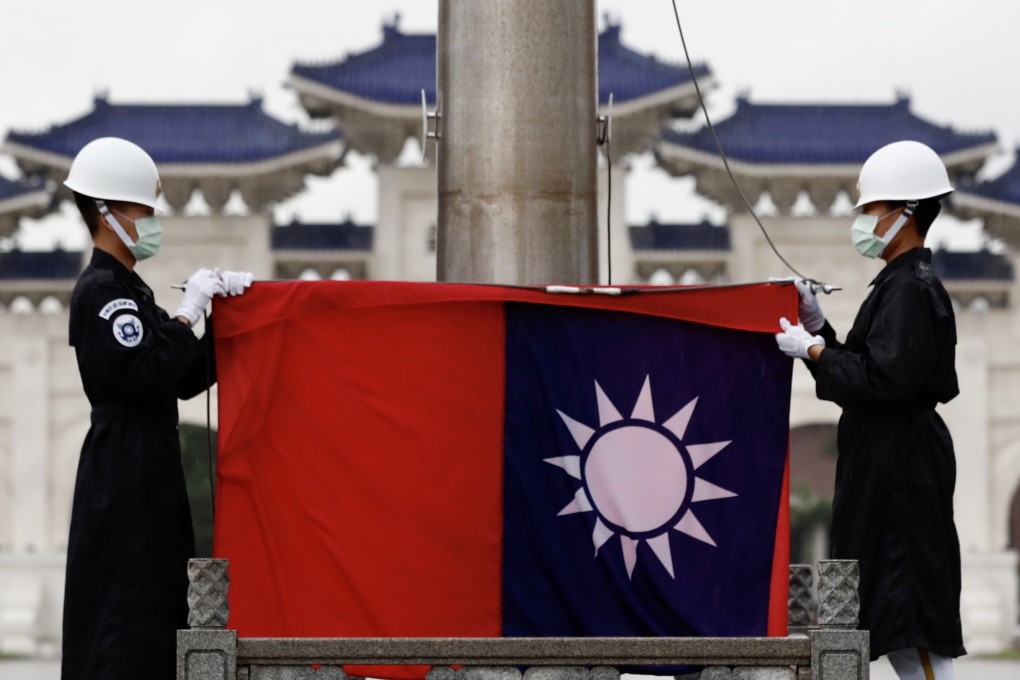Advertisement
Explainer | China-Lithuania stand-off: why do Taiwan’s missions mostly use the name ‘Taipei’?
- The naming of Taiwan’s de facto diplomatic missions is a sensitive issue, given Beijing’s red line on the self-ruled island under the one-China policy
- No country with formal ties with Beijing has permitted the island to open offices under the title of ‘Taiwan’ – before Lithuania
Reading Time:4 minutes
Why you can trust SCMP
4

China has recalled its ambassador to Lithuania in protest against the Baltic state recently allowing Taipei to open a representative office bearing the name “Taiwan”.
It has also demanded that Lithuania recall its top envoy to China, to step up pressure on Vilnius over what Beijing sees as a highly unacceptable decision regarding Taiwan.
But Lithuanian President Gitanas Nauseda has refused to back down, saying, “as a sovereign country, Lithuania itself decides with which states or territories to develop economic and cultural relations, without violating its international obligations”.
Advertisement
The diplomatic spat highlights the sensitivity surrounding the de facto diplomatic missions that Taiwan has established worldwide to expand its international profile and win friends.

02:17
‘One China’ explained
‘One China’ explained
How many diplomatic missions does Taiwan have?
As of August, Taiwan has 110 offices in 72 countries, according to the island’s foreign ministry. However, only 15 – many of them small island-states – have formal diplomatic relations with the Republic of China (ROC), Taiwan’s official name that sets it apart from the People’s Republic of China (PRC).
Advertisement
Select Voice
Choose your listening speed
Get through articles 2x faster
1.25x
250 WPM
Slow
Average
Fast
1.25x